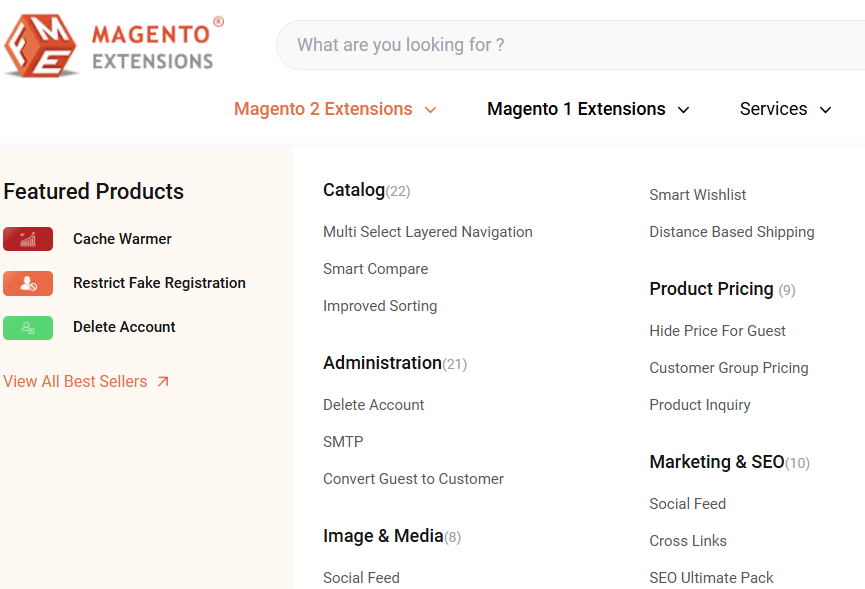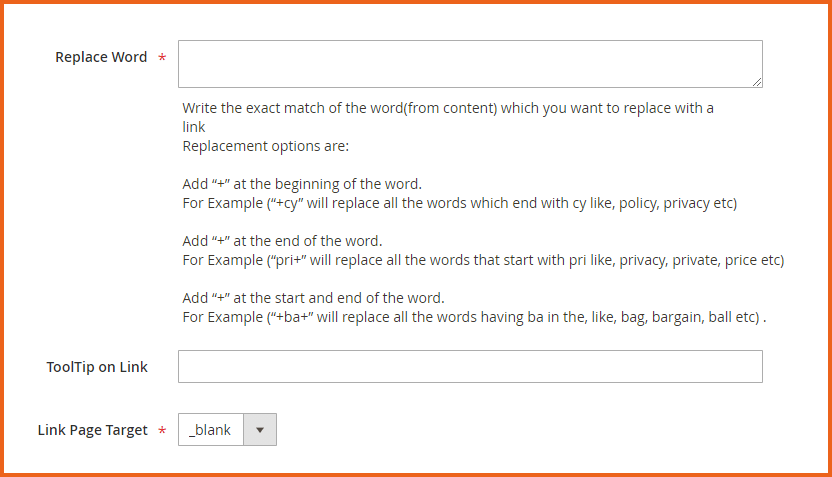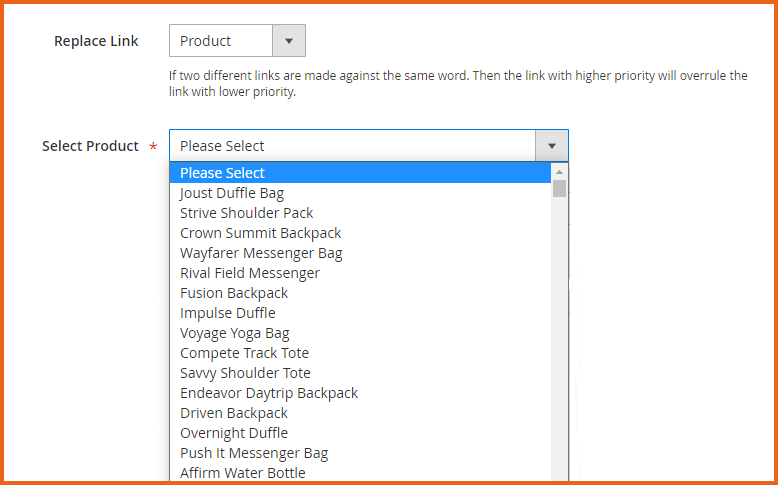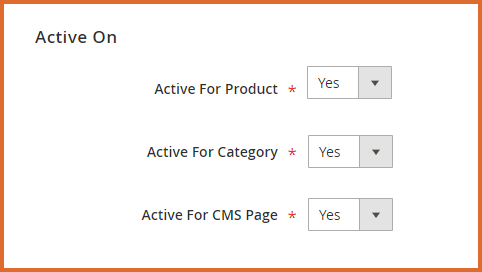How to Automatically Implement Internal Links in Magento 2?
Search engine optimisation or SEO is a term you will have heard countless times over the years. If you are an online store owner, you would have it every single day since you opened your store since its success depends on SEO. So, what is SEO? The simplest way to define it is that it is the process of increasing organic traffic to your website. SEO comprises of three types:
- On Page SEO
- Off Page SEO
- Technical SEO
It is impossible to increase visibility in search engine results pages unless you focus on all three. When we talk about On Page SEO, you must focus on various areas, including:
- Writing Keyword Rich Content
- Ensuring the Meta Descriptions are Engaging
- Optimising the Images
- Adding Relevant Internal + External Links
What is Internal Linking?
It is the process of creating links within different pages of your website. Simply put, an internal link is the one that points to another page on the same domain. Examples include navigation menu, links to products/services, links within articles on the same domain, footer links etc. For example, you are currently reading this article on fmeextensions.com and we ask you to check out our Magento 2 Cross Links Extension, which is an example of an internal link.
In contrast, external linking refers to adding a link to another domain. For example, we ask you to check out this web design and development company. Both types of links are important from an SEO perspective. They can improve your online visibility and increase user engagement. For instance, when you have added relevant internal links, you can send the user from one page to another. It ensures that the user remains on your website. External links can help build trust and authority.
Why Are Internal Links Important For SEO?
Internal linking provides the following SEO and user experience benefits:
Makes User Navigation Easier
Suppose you visit the fmeextensions.com website, looking for a Magento 2 SEO extension. If there are no internal links, how would you find the relevant extension? Internal links make navigation easier and help users find the required information on your website. For instance, we know that if you click on the Magento 2 extensions category, you will come across different sub-categories. The Magento 2 extensions can be found in Marketing & SEO subcategory as shown below.

Improves Indexing Times
Secondly, internal links help search engines find, index and understand all the pages on your website.
Increases Engagement
You are browsing this webpage to know about automatically implementing internal links in Magento 2. What if we add links for automatically implementing external links in Magento 2, SEO best practices for Magento 2, and other similar topics. Wouldn’t a user read these articles? Based on our experience, we can say with 100% confidence that every 9 out of 10 users will click on these links. By sending the user from one webpage to another, you improve the engagement and average session duration.
Helps Establish Site Architecture
Internal links can help define the hierarchy between the pages. Secondly, they make all pages viewable and indexable.
Distribute Page Authority
Once you add an internal link from a high traffic and authority webpage to a lesser one, you can improve the online visibility of the lower ranked page. In other words, internal links spread link juice across other pages and thus increases the SEO score of internal pages.
In short, your SEO journey is incomplete without implementing internal linking. Your website will struggle to rank if it has bad internal linking or no internal linking at all.
Internal Links Best Practices
- Use proper keyword in anchor text
- Point links to important & conversion pages
- Limit the number of links per page
- Check & fix broken links regularly
- Make internal links dofollow/nofollow as per your requirement
Inter Linking in Magento 2
Implementing internal linking may seem easy and it might be if you have a small website with only a few pages. But what if you have a website with hundreds of blog posts or a store with thousands of products and categories? Interlinking relevant posts or products for such websites will be a hectic task.
How To Automate Internal Linking Using the Extension in Magento 2?
A great idea would be to automate internal linking process with the Magento 2 Cross Links Extension. It allows you to auto cross-link suitable keyword or key phrases across different products, categories or CMS pages. Apart from this, the extension offers other useful features which we are going to look at below.
1. Specify Keywords to Automatically Generate Internal Links
The extension lets you create multiple rules for internal and external linking. You can specify exact words or words that start and/or end with particular letters that you want to turn into anchor text. Add a tooltip to provide information about the link on mouse over. Also, specify whether or not to open link in a new window.

2. Direct Links to Products, Categories or Custom URLs
The extension allows linking the specified keywords to products, categories, or custom URLs. This helps you increase the exposure of and drive traffic to your hot and most popular products or categories. The more the links to a page, the higher the traffic and resultantly the conversions.

3. Set Link Priority and Limit # of Links Per Page
You can set a priority for every link rule you create. High priority rules will take precedence over other rules. You can also limit the number of internal links per page. For example, a specific page can’t have more than 20 internal links. Filling a page with anchor texts will look spammy and confuse customers.

4. Create DoFollow or NoFollow Links
You also have the option to create either DoFollow or NoFollow links. This depends on your link building strategy.

5. Enable Internal Links on Product, Category or CMS Page
Turn internal links on and off on product, category or CMS page. Enabling it on all the pages will allow you to create a beautiful flow of information across pages. This will help your customers explore and navigate through maximum content increasing the chances of conversions.

Why Do You Need Magento 2 Cross Links Extension on Your Store?
- Auto-creates internal and external links
- Implements multiple internal linking strategies
- Improves your store’s SEO
- Enhances your store’s engagement
- Lightweight, easy to install and use
Conclusion
That’s it for this tutorial. If you have any issue in implementing internal links in Magento 2, then ask our expert Magento support team.
Related Articles: Related Extensions:This blog was created with FME's SEO-friendly blog


